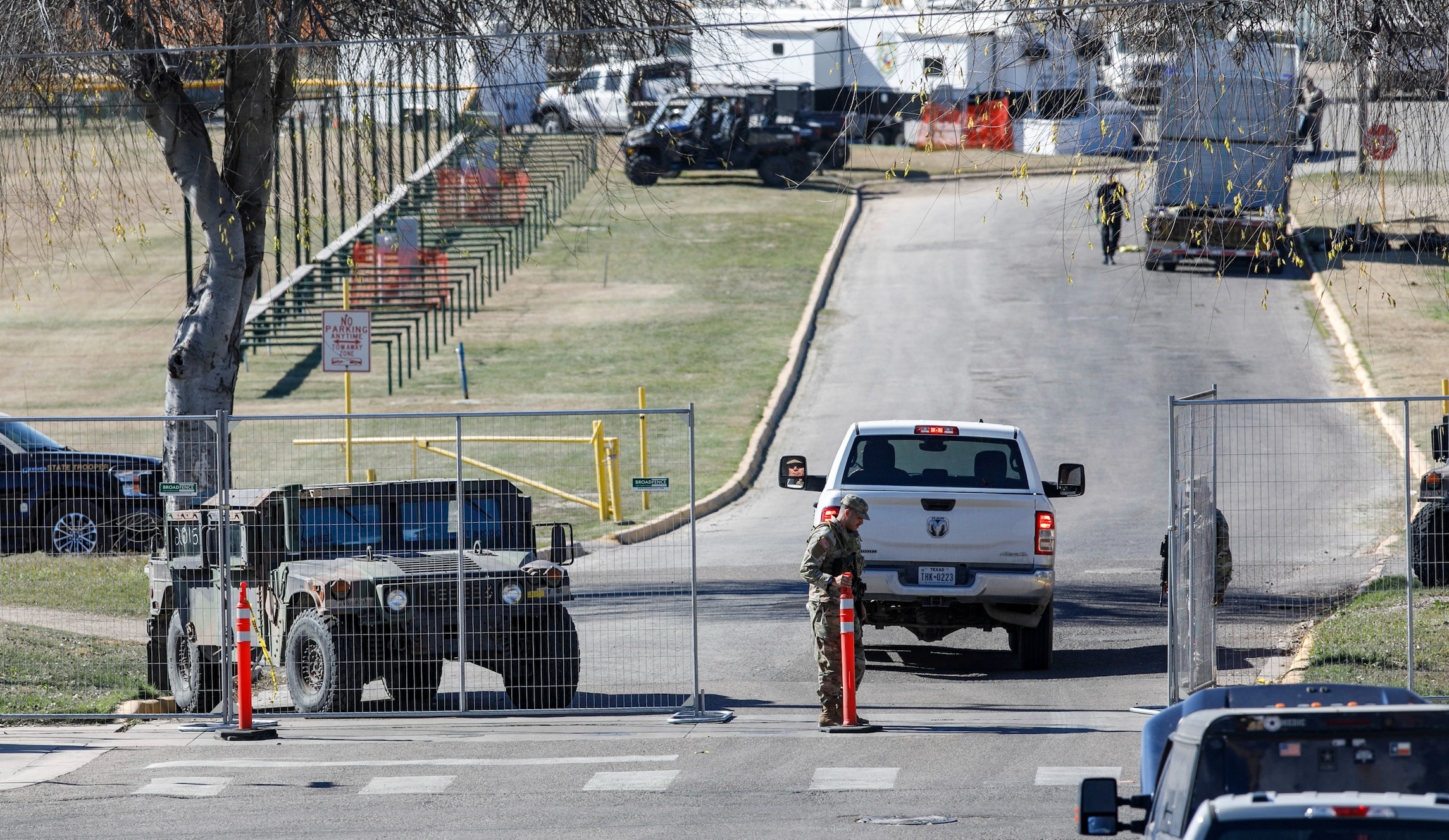Texas officials are asserting their authority to implement their own immigration solutions at the Mexican border, arguing that they have the right to defend against what they perceive as an invasion of migrants.
This belief hinges on a narrow interpretation of the US Constitution, which grants states the authority to defend themselves when “actually invaded” or when the threat is so imminent that they cannot wait for congressional approval.
However, this argument has been rejected by appeals courts in the past. In the 1990s, three different courts dismissed claims that a surge in migrants constituted an invasion as intended by the framers of the Constitution.
Texas Border Issues (Credits: Bloomberg.com)
Despite this legal precedent, Texas Governor Greg Abbott and other state officials are reviving this argument in response to the recent increase in migration at the border.
They argue that the federal government has failed in its duty to address the influx of migrants, leaving states like Texas to take action. They believe that the surge of migrants constitutes an invasion, justifying their deployment of state resources to address the situation.
This legal battle raises questions about the extent of states’ authority in immigration matters and highlights the ongoing tensions between states and the federal government over immigration policy.
While states may have some authority to address immigration issues, their actions are subject to legal challenges and constitutional scrutiny.
As this debate continues, the plight of migrants at the border remains a pressing humanitarian concern. The outcome of this legal battle will have significant implications for how states can respond to immigration challenges in the future.
